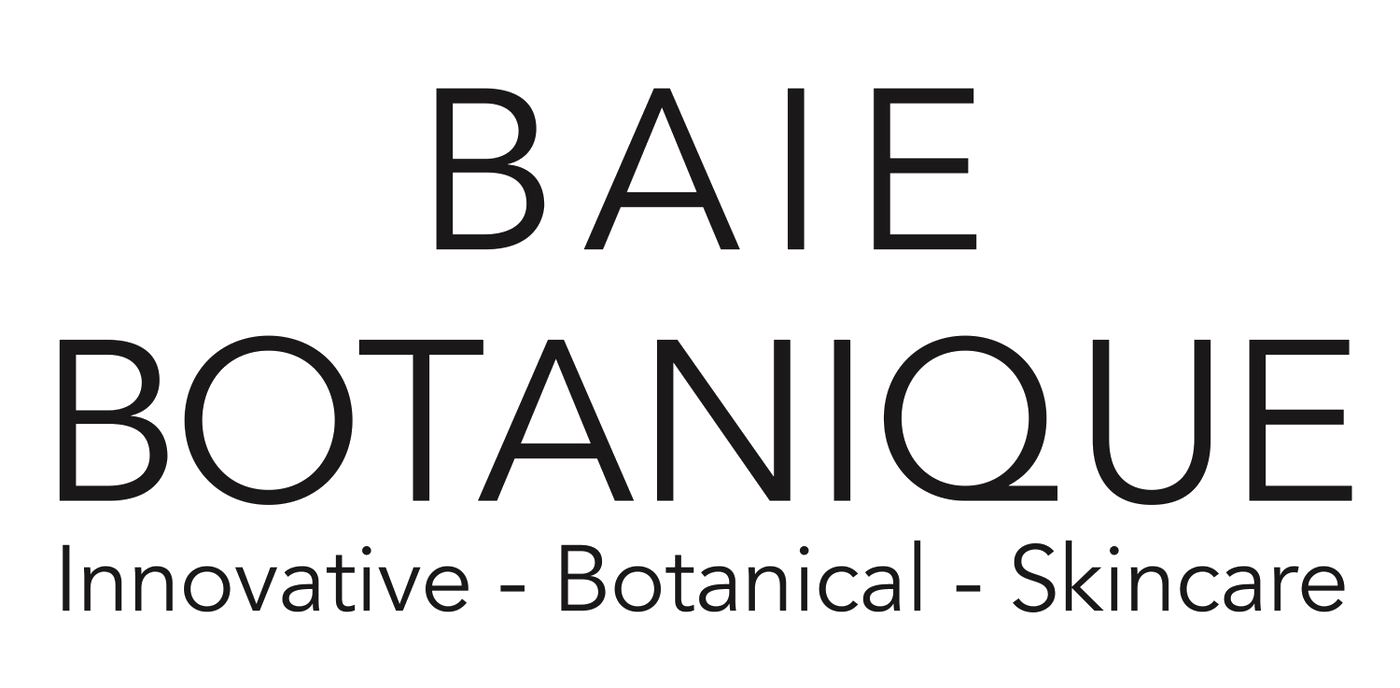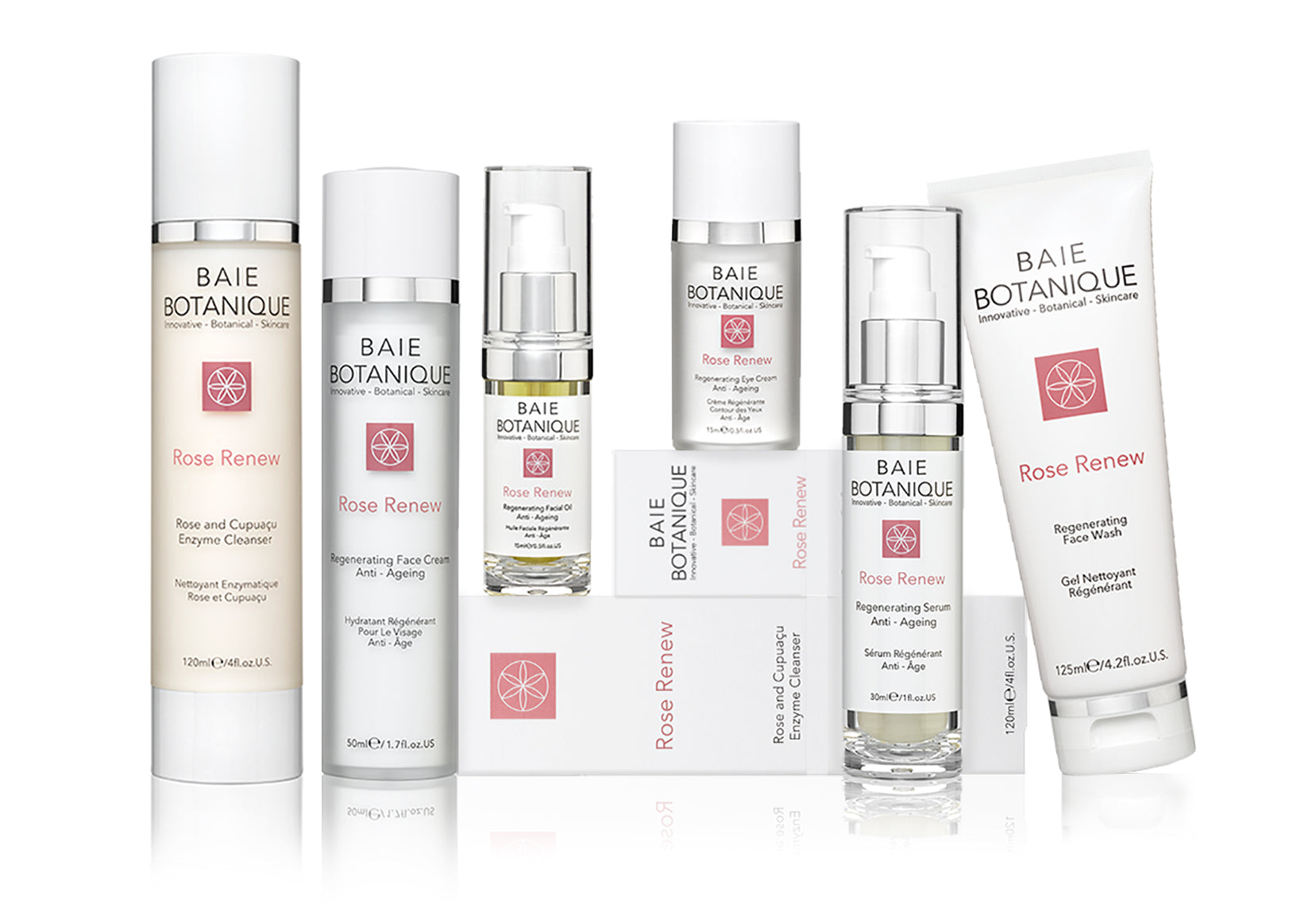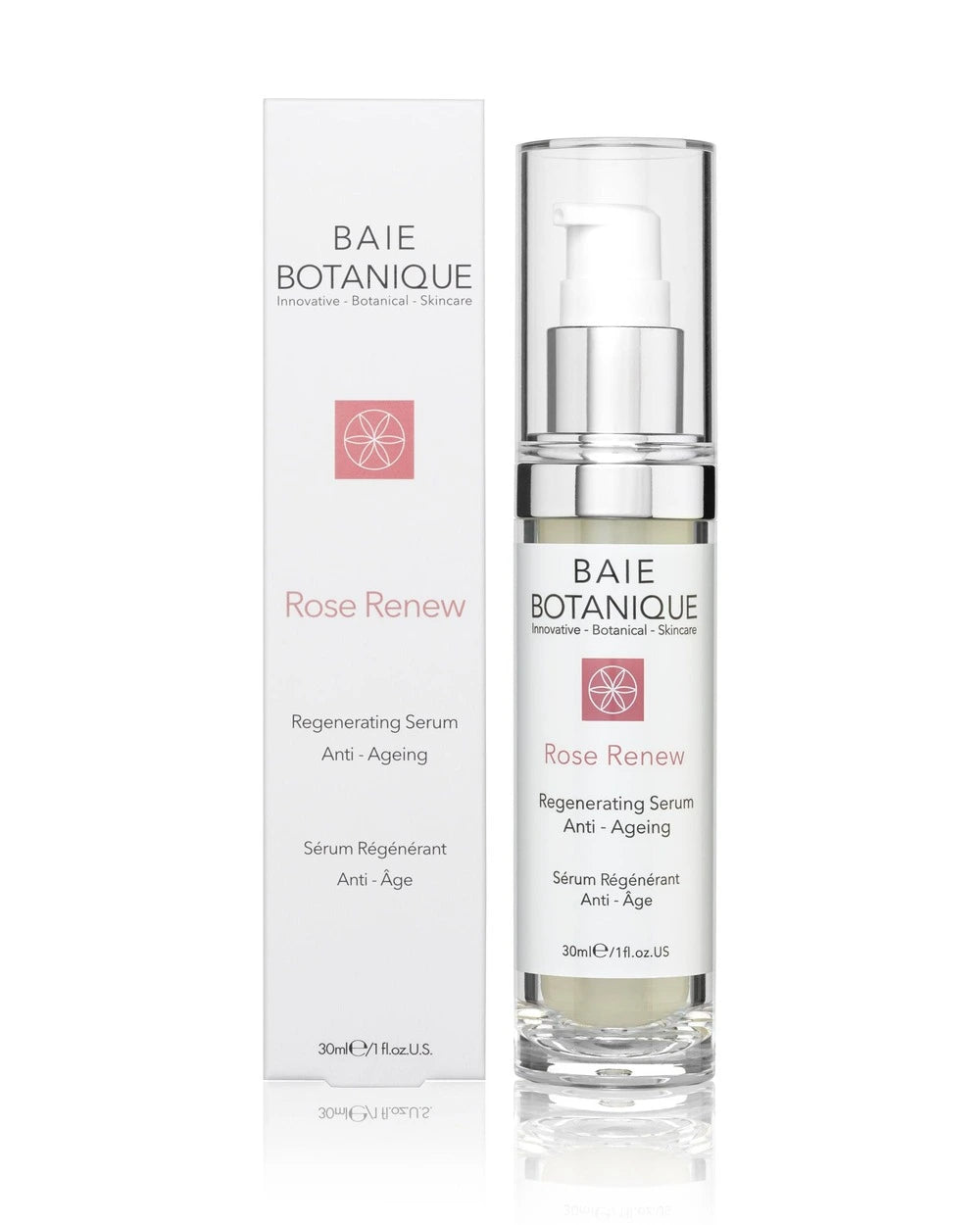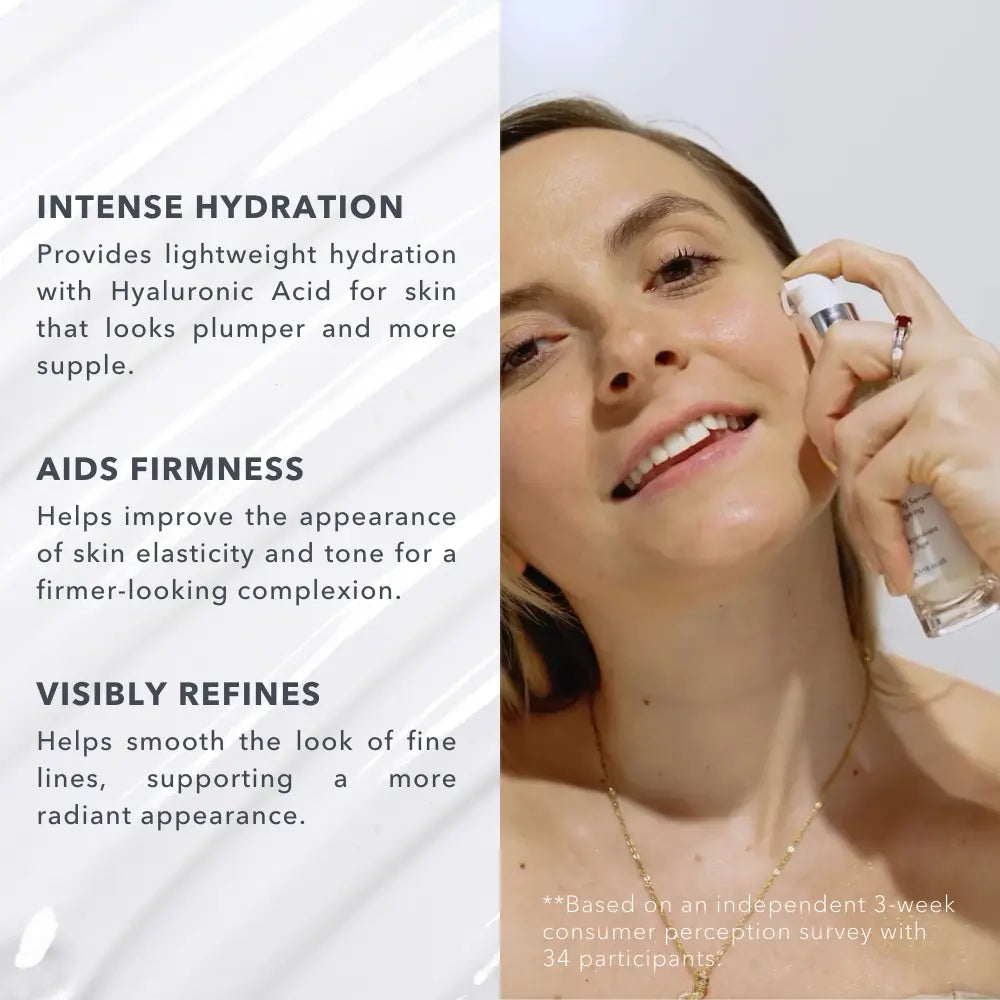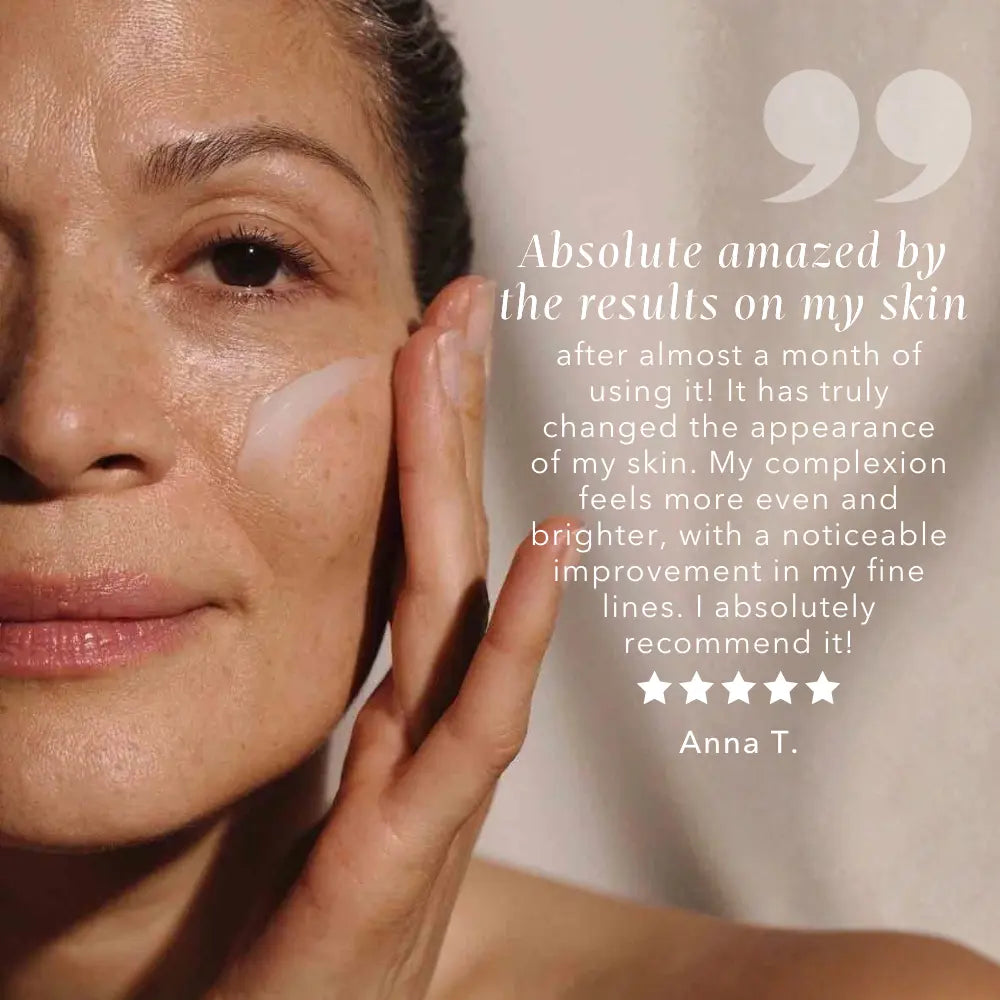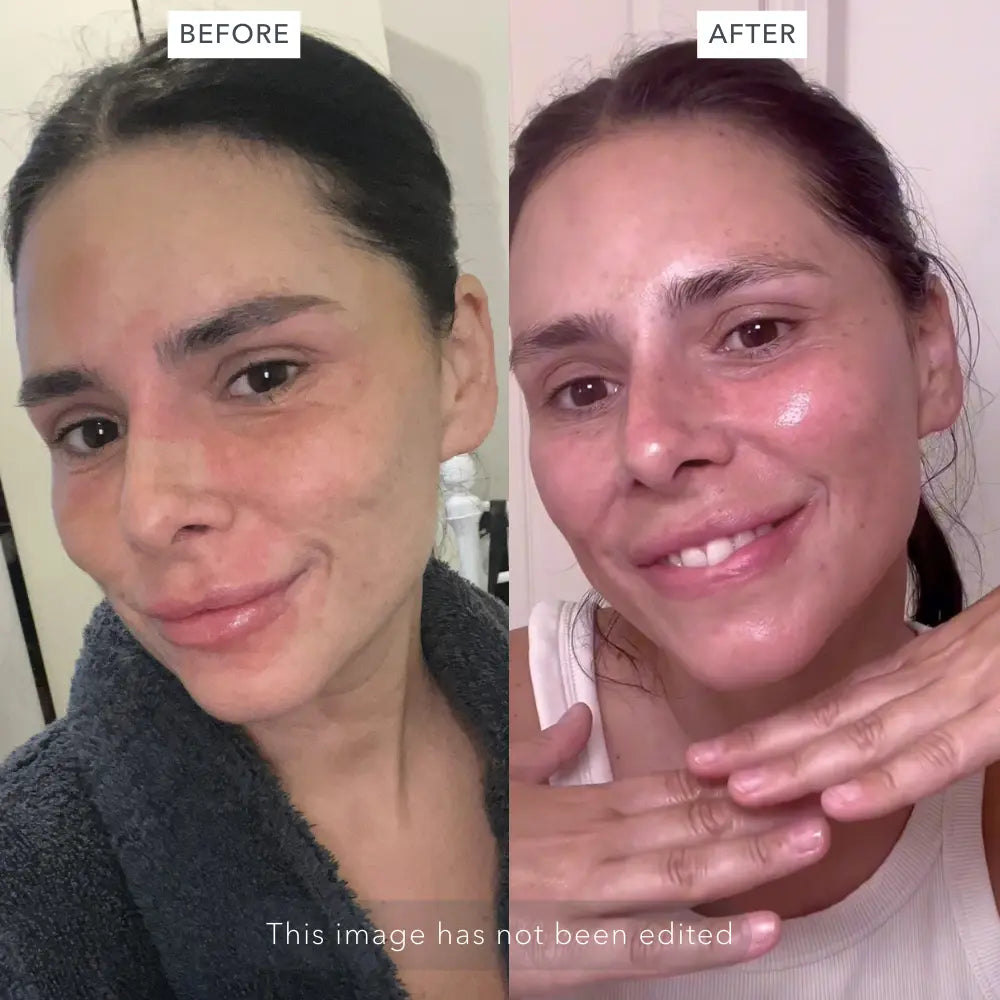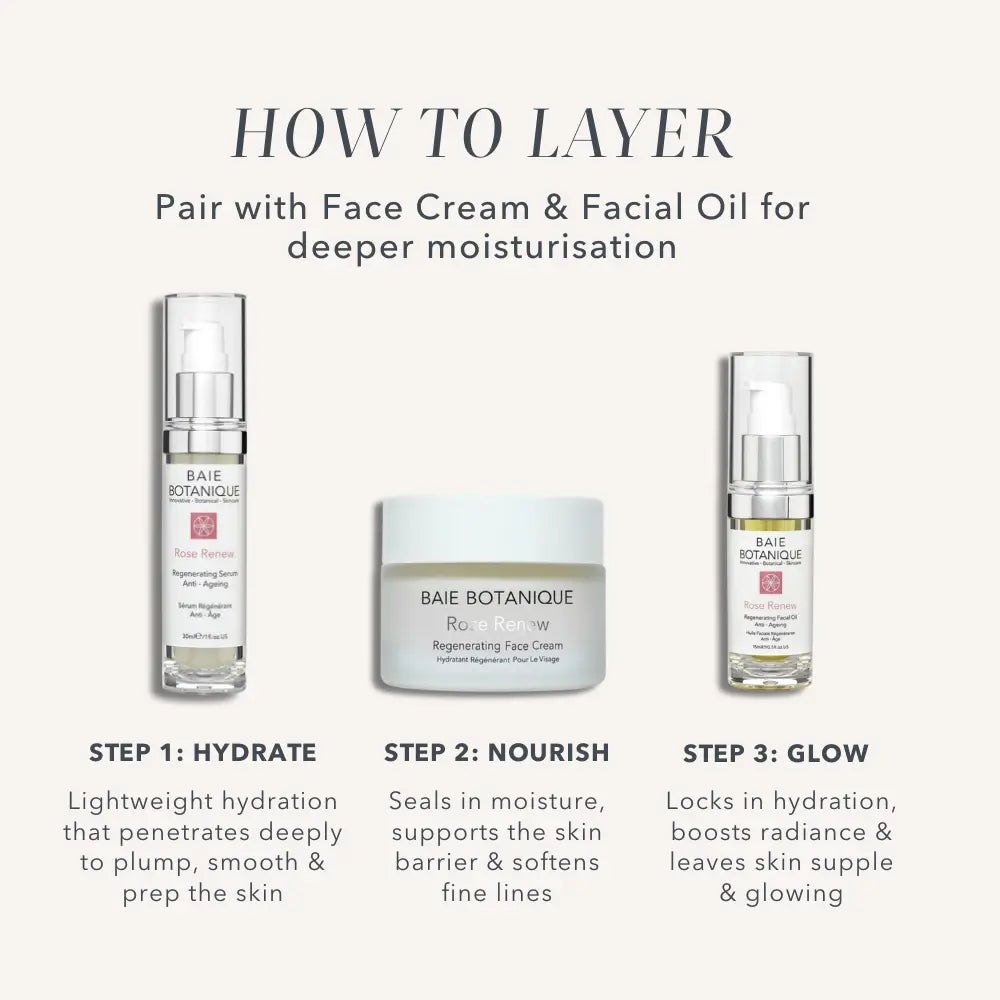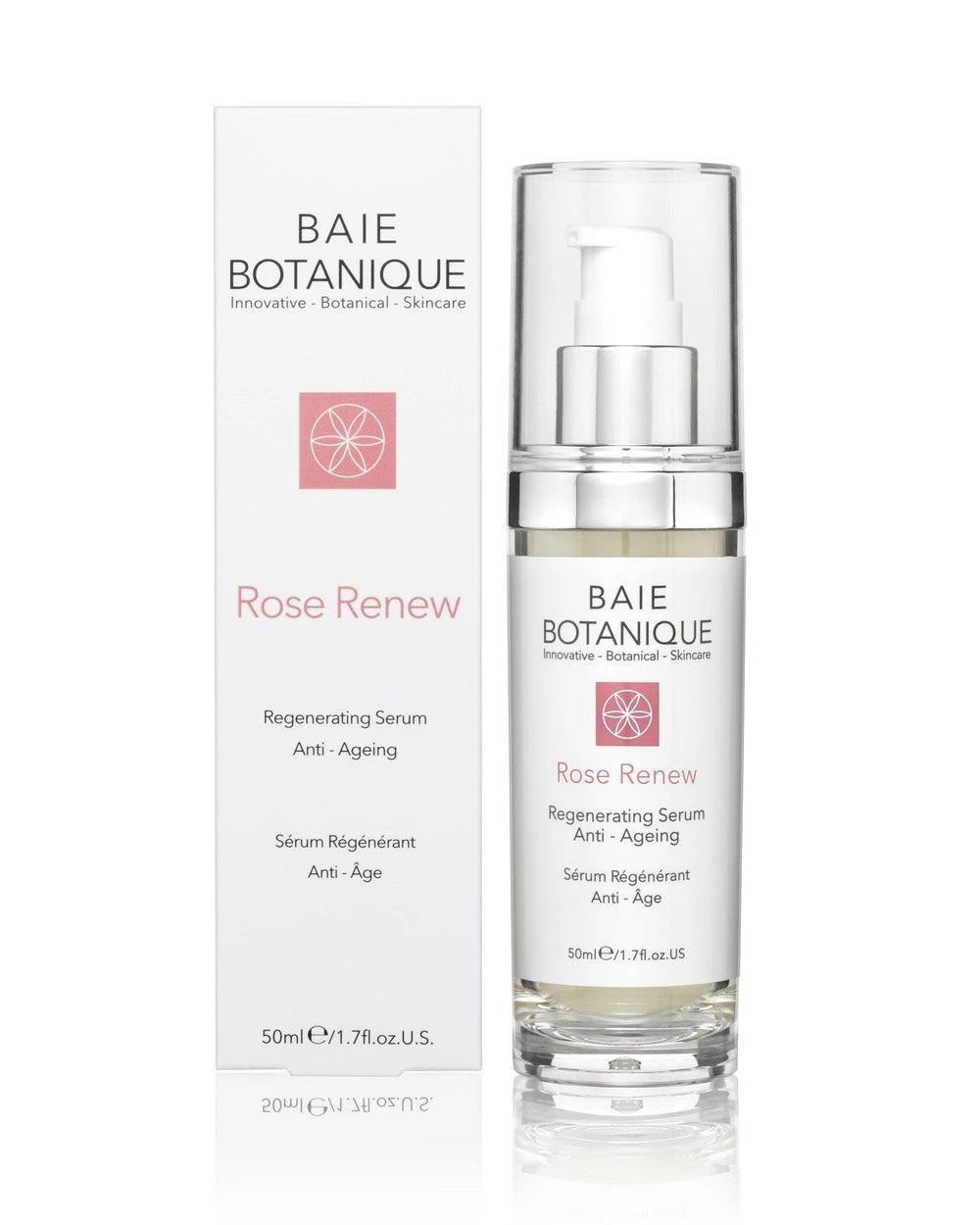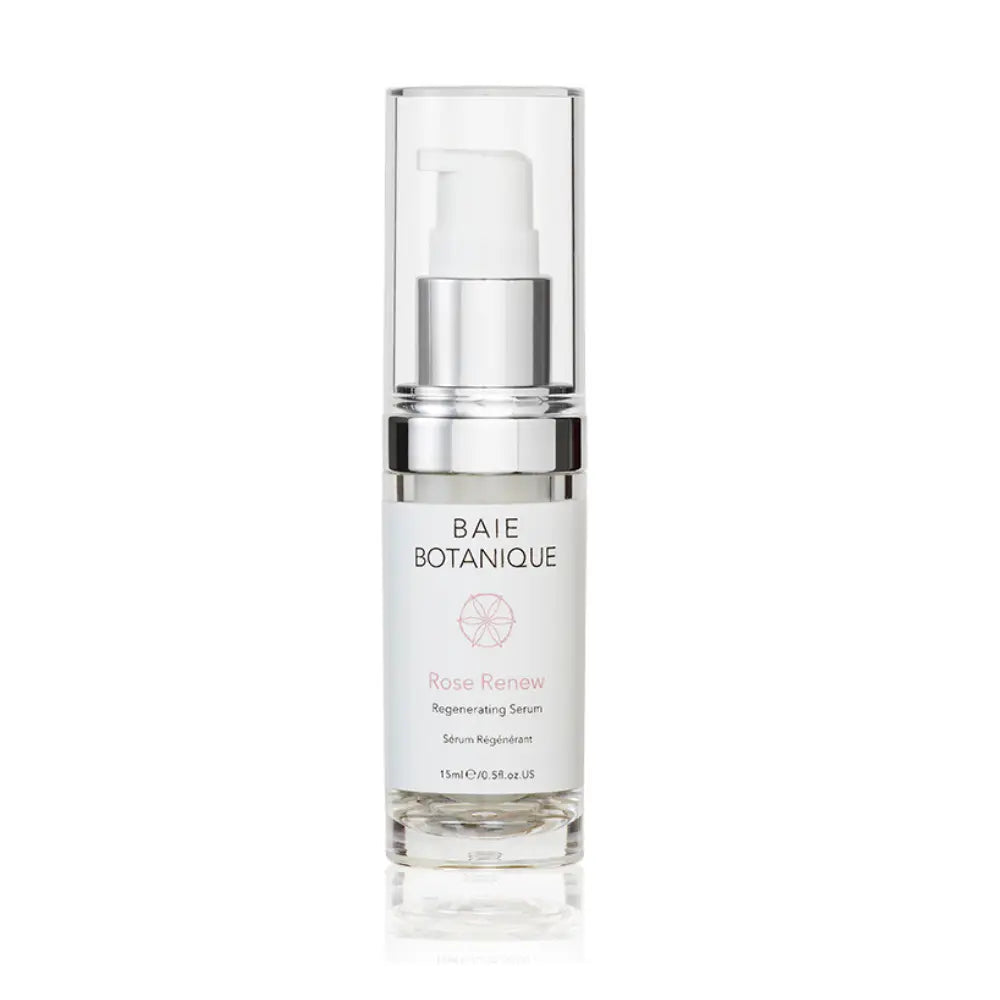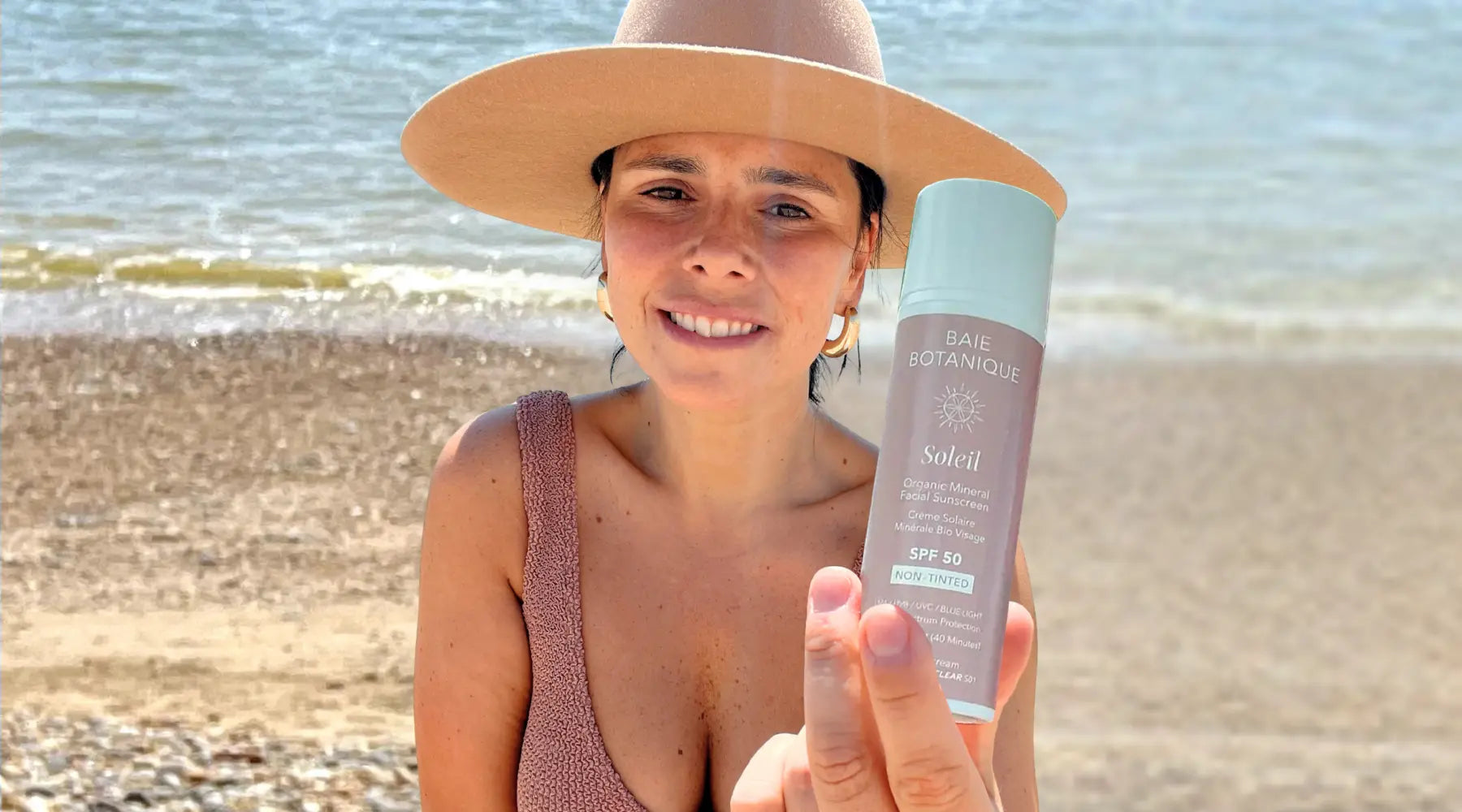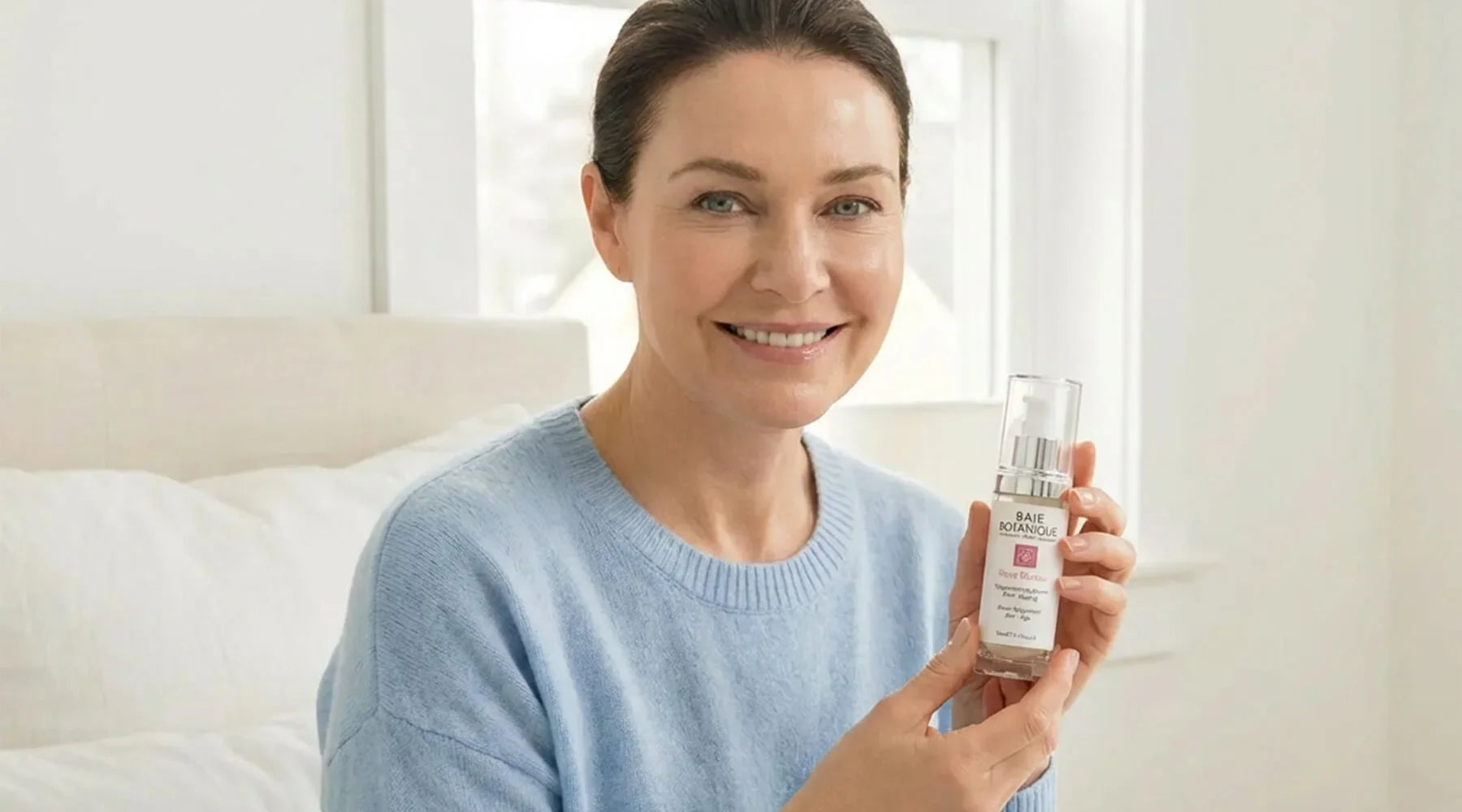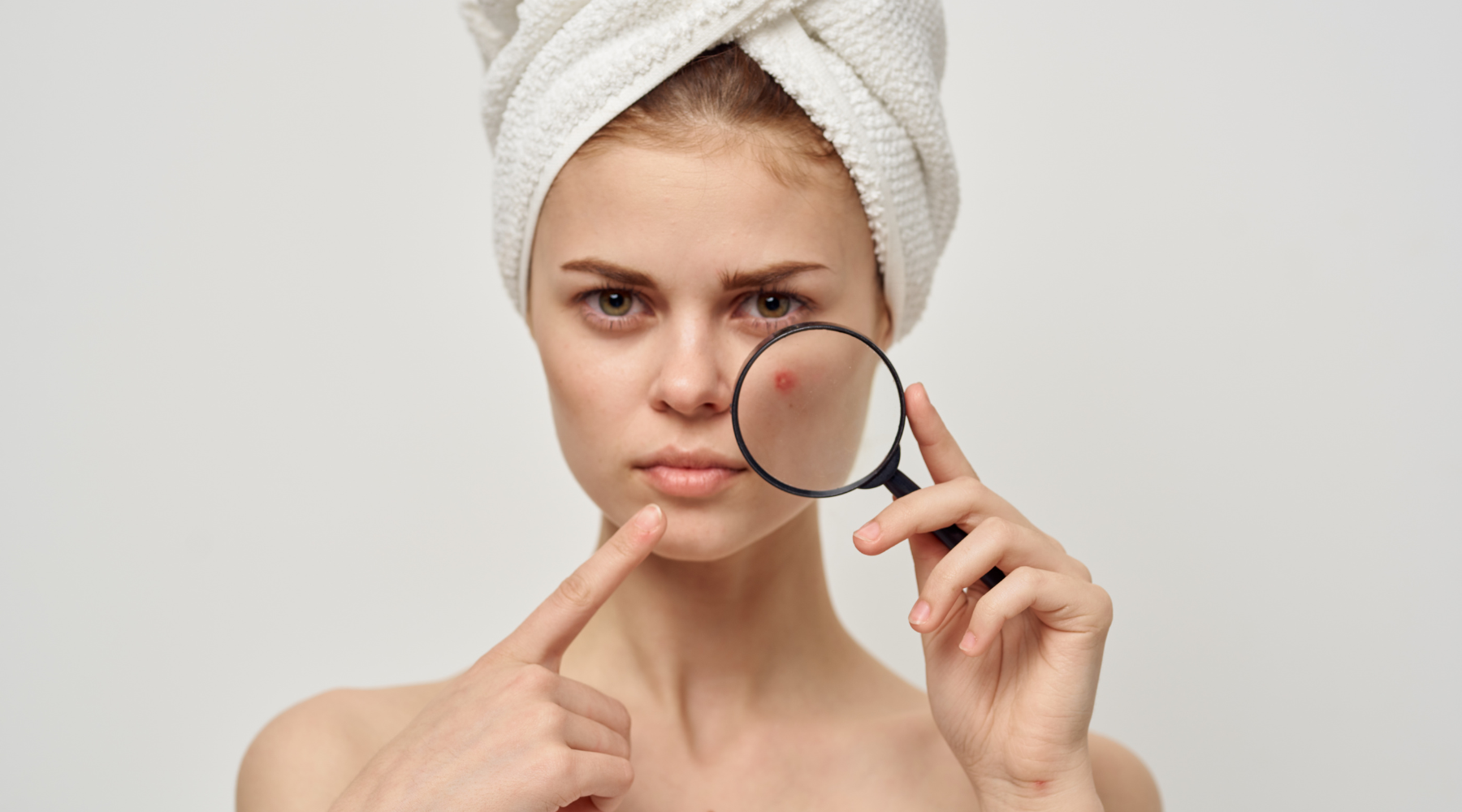
Zinc and Acne: Could This Mineral Be Your Skin’s Secret Weapon?
Acne doesn’t just affect one age group; it’s a common concern for many, at any stage of life. Whether you’re a teen going through hormonal changes, an adult dealing with persistent breakouts, or someone who’s tried every serum, mask, and skincare hack trending online — only to find that nothing seems to work — you’re not alone. Here’s something you might not have considered: the solution to clearer, calmer skin might actually come from within.
In this blog, we’ll take a closer look at how zinc works for acne, which zinc-rich foods to add to your diet, how much zinc is too much and whether there are any side effects that you should be aware of.
How does Zinc help with Acne?
Acne is typically caused by a combination of excess oil (sebum), inflammation, clogged pores and an overgrowth of acne-causing bacteria. This is where Zinc comes in. Zinc has natural anti-inflammatory, antibacterial, and sebum-regulating properties, making it a powerful mineral that targets multiple root causes of acne simultaneously. Here’s how it works:
- Reduces inflammation: Zinc can help calm redness and swelling associated with acne lesions.
- Controls oil production: Zinc regulates the activity of the oil glands, which can help prevent clogged pores.
- Supports skin healing: It plays a vital role in tissue repair and collagen synthesis, speeding up the healing process of acne wounds.
- Fights acne-causing bacteria: Zinc has been shown to inhibit the growth of Propionibacterium acnes, the bacteria commonly associated with acne.
Both topical and oral zinc have been investigated for the treatment of acne. While topical zinc is often used in creams and spot treatments, oral zinc supplementation can be particularly helpful for those with moderate to severe acne.

Vegan-Friendly Zinc-Rich Food that Supports Clearer Skin
If you’d rather not pop a supplement, the good news is that you can get zinc naturally through your diet. Here are some plant-based, zinc-rich foods to consider adding to your meals.
- Pumpkin seeds - one of the highest plant-based sources of zinc
- Chickpeas - perfect for salads, curries or hummus
- Lentils - a healthy, zinc-packed legume
- Tofu and tempeh - versatile soy-based proteins rich in zinc
- Quinoa - a complete protein and a great zinc source
- Cashews - great for snacking or creamy vegan sauces
- Oats and whole grains - comforting and nutritious
- Sunflower and seeds - tasty sprinkled on salads or porridge
- Hemp seeds - add to smoothies or sprinkle over toast.
- Sunflower seeds - tasty sprinkled on salads or porridge
- Hemp seeds - add to smoothies or sprinkle over toast
- Mushrooms - especially shitake and cremini
- Dark chocolates (70%+) - in moderation, a delicious source
Bonus Tip: Zinc from plant sources is not as easily absorbed as zinc from animal products because of phytates, natural compounds in grains and legumes can reduce mineral absorption. But don’t worry, here’s how to help your body make the most of your zinc.
- Soak or ferment grains and legumes before cooking
- Pair zinc-rich foods with vitamin C sources like bell peppers, citrus fruits, berries or broccoli to boost absorption
- Eat a variety of plant-based foods daily to support overall zinc intake
If you’re vegan and struggling with acne, incorporating these foods consistently may support your skin from the inside out. However, if you’re concerned about a deficiency, speak to a health professional about a plant-based zinc supplement.
How much Zinc is enough?
Like anything in life, balance is key. The Recommended Daily Allowance (RDA) for zinc is 8mg/day for adult women and 11mg/day for adult men. When taken for acne, some supplements may contain 15 to 30 mg per day, but higher doses should only be used under the guidance of a healthcare provider. Taking too much zinc over time can interfere with the absorption of other essential minerals and may even suppress immune function.
It’s not important to remember that more isn't always better. You might feel tempted to increase your dosage if you start seeing improvements in your skin, but overdoing it could backfire. Sticking to safe, moderate amounts is the best way to support your skin without putting your overall health at risk.
Possible Side Effects of Zinc
While Zinc is an essential mineral and generally safe when taken within recommended levels, taking too much, especially over a long period, can lead to unwanted side effects and even interfere with your body’s delicate nutritional balance. Here are some of the potential side effects of excessive zinc intake:
- Nausea and Stomach upset - High doses of zinc can irritate the stomach lining, leading to symptoms like nausea, cramps, or diarrhoea, especially when taken on an empty stomach.
- Headaches - some people experience headaches or dizziness as a response to high zinc intake.
- A metallic taste in the mouth - A common side effect of zinc supplements, particularly lozenges or tablets, is a lingering metallic taste.
- Reduced copper absorption - Zinc and copper compete for absorption in the body. Consistently high zinc levels can lead to a copper deficiency, which may result in fatigue, neurological issues or weakened immunity.
- Weakened immunity over time - while zinc supports immune function in moderate doses, taking too much can suppress your immune response by disrupting the balance of other vital nutrients.
- Altered cholesterol levels - some research suggests that excessive zinc intake may negatively impact your HDL (“good”) cholesterol.
- Disruption of iron and magnesium levels - Long-term high doses can also interfere with the absorption of other important minerals.
To stay safe, avoid exceeding 40mg of zinc per day from supplements unless under medical supervision. This is the Tolerable Upper Intake Level (UL) for adults as defined by health authorities. If you’re already getting sinz from your diet and fortified foods, be cautious about how much more you’re adding through supplements.
A Closer Look at Non-Nano Zinc Oxide and Why It Matters for Acne-Prone or Sensitive Skin

Zinc isn’t just useful in your diet; it’s also a superstar when used topically. One of the safest and most effective forms? Non-Nano Zinc Oxide, the active ingredient in our Baie Botanique Soleil Organic Mineral Sunscreen.
What is Non-Nano Zinc Oxide?
Non-nano means the zinc particles are too large to penetrate the skin. Instead, they sit on the surface, forming a gentle physical barrier that reflects harmful rays, including UVA, UVB, UVC, and blue light, without entering your bloodstream. It’s safer for your skin, your health and the planet.
Our ZinClear XP formula is:
- 25% Non-Nano Zinc Oxide
- Reef Safe
- EcoCert approved
- 100% photostable, meaning it won’t break down in sunlight.
- Made in an FDA-approved facility in Australia
- Non-reactive with chlorinated water
Why It’s Perfect for Acne-Prone Skin?
- Anti-inflammatory: Soothes irritation and redness.
- Anti-microbial: helps fight acne-causing bacteria
- Non-comedogenic: Won’t clog pores or cause breakouts
- Gentle and calming: Suitable for sensitive, breakout-prone skin
If you're acne-prone, choosing a Non-Nano Zinc Oxide sunscreen is a smart, skin-safe step in your routine, offering broad-spectrum protection without the irritation or health concerns of synthetic alternatives.
Whether you’re just starting your acne journey or looking for a more natural, holistic solution, zinc may be your skin’s secret weapon. It works from the inside by regulating oil, calming inflammation and boosting healing and from the outside when used in clean, non-comedogenic products like Non-Nano Zinc Oxide sunscreens.
As always, consistency, moderation and professional guidance are key. Listen to your skin, support it from within, and protect it on the outside, and you just might start seeing the glow you've been working toward.
